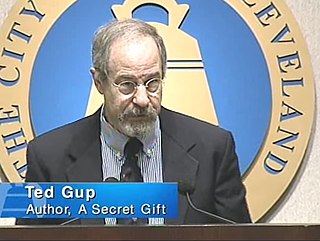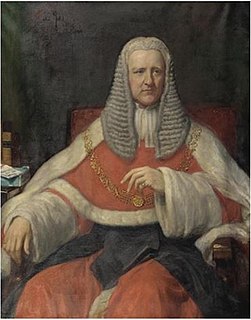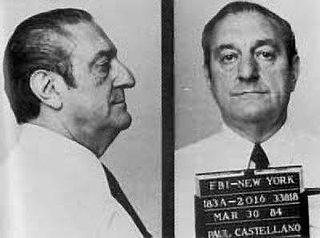A Quote by Baron de Montesquieu
Related Quotes
I don't think the question is if should we have a shield law. I think the question is what kind of shield law we should have. Yes, I'd like to see a federal shield law, but if and only if it provides genuine safeguards and doesn't green-light prosecutors and judges and litigants from going after the press and getting things to which they should not be entitled. It's not a simple kind of litmus test.
If I had my life over again I should form the habit of nightly composing myself to thoughts of death. I would practise, as it were, the remembrance of death. There is no other practice which so intensifies life. Death, when it approaches, ought not to take one by surprise. It should be part of the full expectancy of life. Without an ever-present sense of death life is insipid.
Death is not earnest in the same way the eternal is. To the earnestness of death belongs precisely that remarkable capacity for awakening, that resonance of a profound mockery which, detached from the thought of the eternal, is an empty and often brash jest, but together with the thought of the eternal is just what it should be, utterly different from the insipid solemness which least of all captures and holds a thought with tension like that of death.
We're not children here. The law is-how should I put it? A convenience. Or a convenience for some people, and an inconvenience for other people. Like, take the law that says you can't go into someone else's houseI have a house, so, hey, I like that law. The guy without a house-what's he think of it? Stay out in the rain, schnook.That’s what the law means to him
I think that Democrats have to think through answers we haven't in the past: How we are going to create those jobs? How should we restructure the entire tax code? Should we have things like a payroll tax, when jobs are so scarce? They weren't - basically the architecture of our employment law, tax law, all these things were from the 1930s - and I do think that one benefit of Donald Trump, which is not worth it, but one perverse thing is, he has widened the scope of things that we should discuss.
Copyright law has got to give up its obsession with 'the copy.' The law should not regulate 'copies' or 'modern reproductions' on their own. It should instead regulate uses--like public distributions of copies of copyrighted work--that connect directly to the economic incentive copyright law was intended to foster.
Instead of focusing on what the law says about trans people, which is really what the law is saying about itself as a protector of trans people, we should be focused on what systems of law and administration do to trans people and our interventions should aim to dismantle harmful, violent systems such as criminal punishment and immigration enforcement.
I do not agree with the use of 'signing statements' to effectively act as a line-item veto, except when the President believes a law or a provision within a law is unconstitutional.In general, if a President signs a law, they are committing themselves to enforcing it. If they don't believe it should become a law, they should veto it.



































